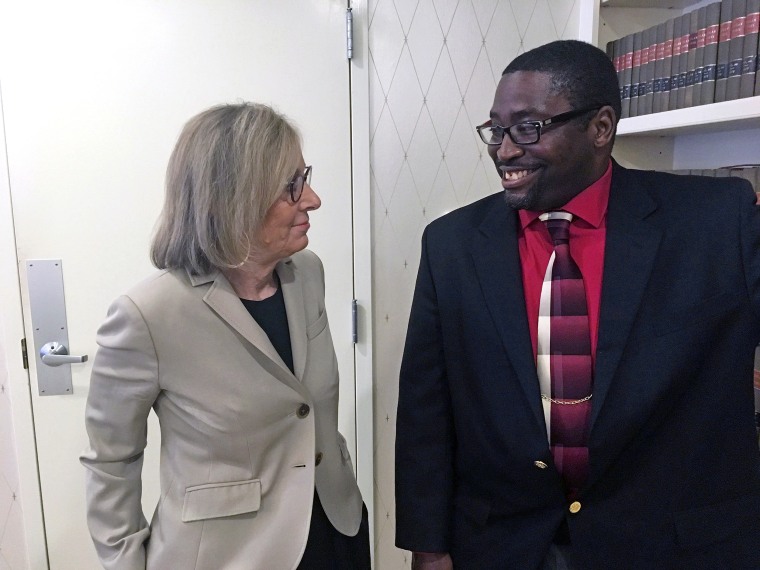Fort Fun Indiana
Diamond Member
- Mar 10, 2017
- 96,275
- 71,893
- 3,645
Nonsense. That is far above their paygrade. Tellers and branch managers are only required to file CTRs and SARs.If you go back to the origins of this --- you'll find the Bank Secrecy Act that STARTED all this teller/branch manager paranoia about Federal raids and audits..
